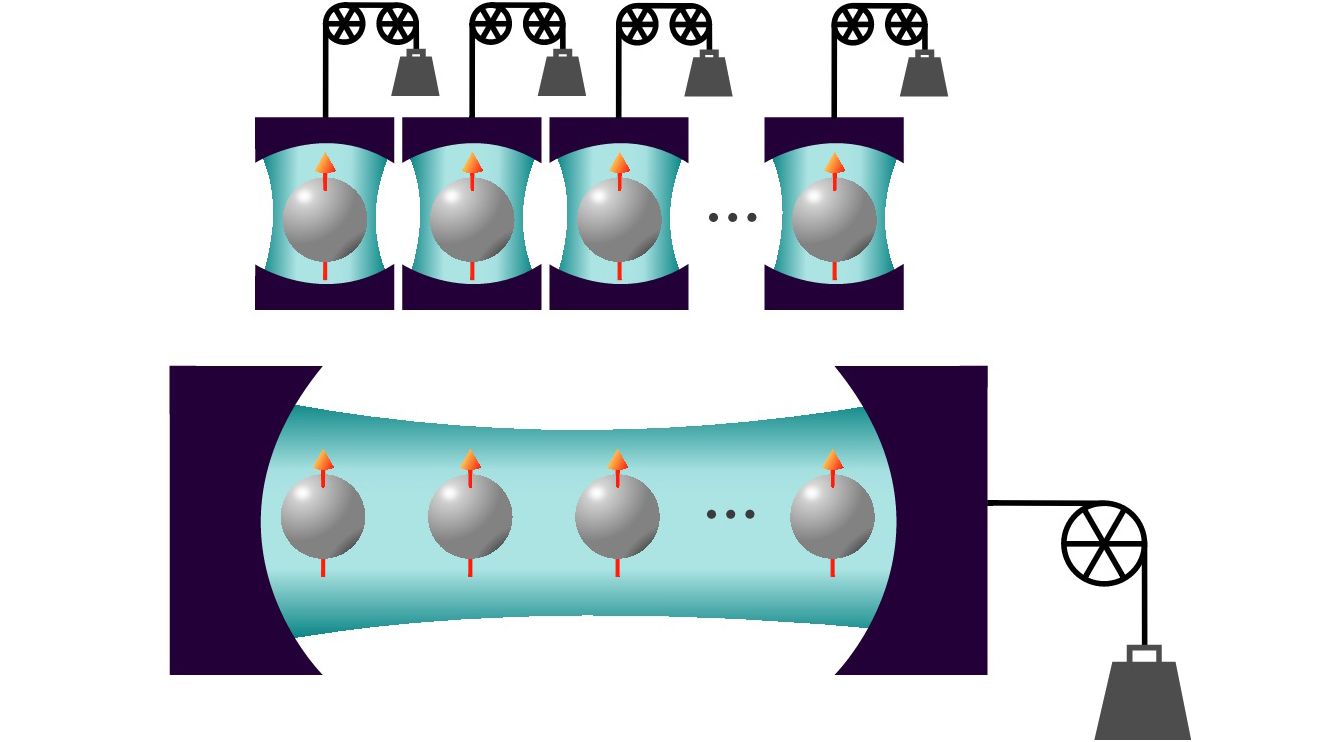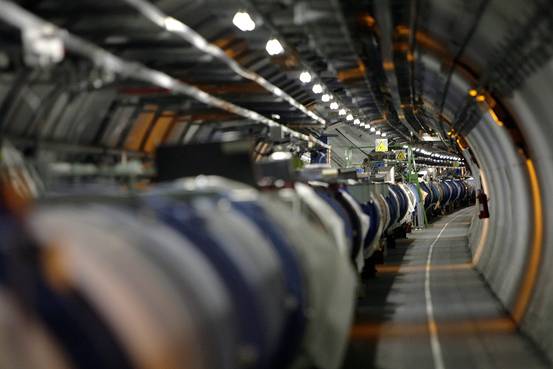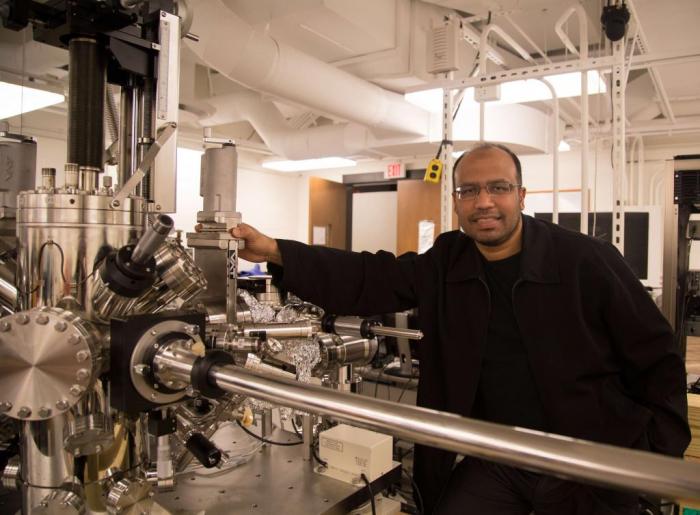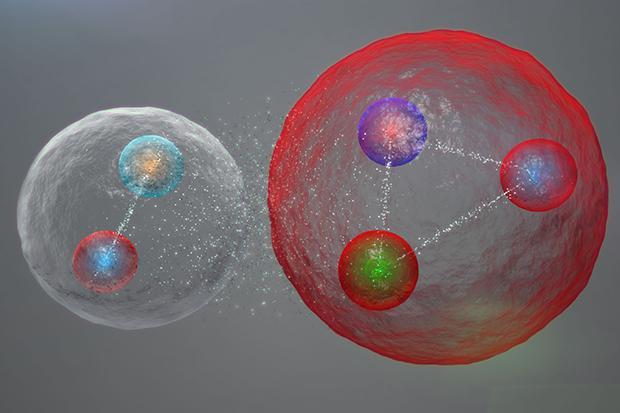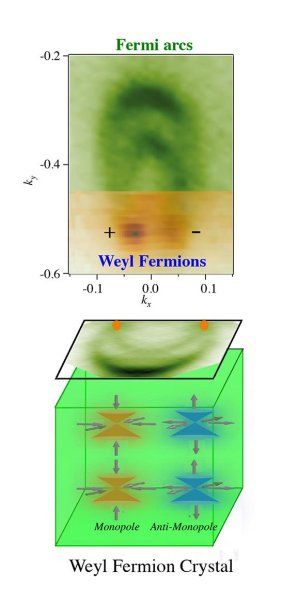Aug 13, 2015
Quantum computing advance locates neutral atoms
Posted by Shailesh Prasad in categories: computing, particle physics
For any computer, being able to manipulate information is essential, but for quantum computing, singling out one data location without influencing any of the surrounding locations is difficult. Now, a team of Penn State physicists has a method for addressing individual neutral atoms without changing surrounding atoms.
“There are a set of things that we have to have to do quantum computing,” said David S. Weiss, professor of physics. “We are trying to step down that list and meet the various criteria. Addressability is one step.”
Quantum computers are constructed and operate in completely different ways from the conventional digital computers used today. While conventional computers store information in bits, 1‘s and 0’s, quantum computers store information in qubits. Because of a strange aspect of quantum mechanics called superposition, a qubit can be in both its 0 and 1 state at the same time. The methods of encoding information onto neutral atoms, ions or Josephson junctions—electronic devices used in precise measurement, to create quantum computers—are currently the subject of much research. Along with superposition, quantum computers will also take advantage of the quantum mechanical phenomena of entanglement, which can create a mutually dependent group of qubits that must be considered as a whole rather than individually.

